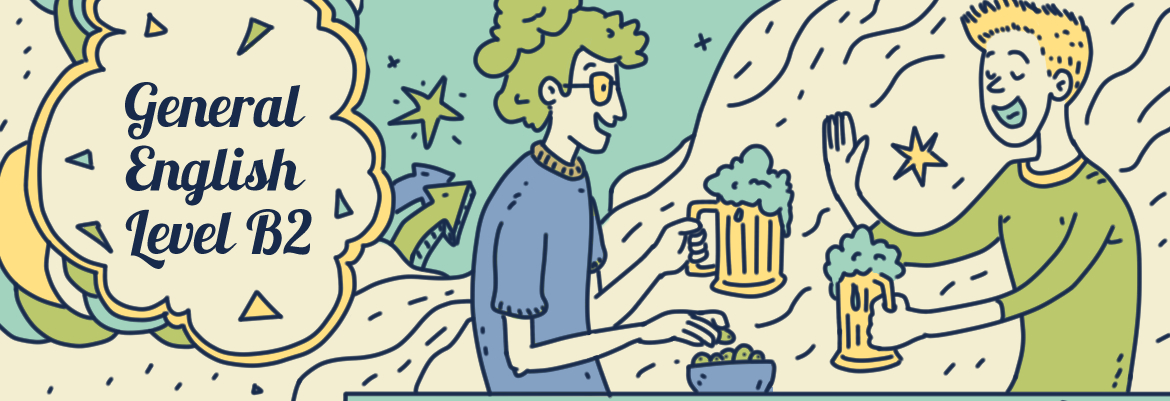Used to en inglés: diferencias con would, be used to y get used to
¿Cómo hablas de hábitos del pasado en inglés? ¿Y de cosas a las que estás acostumbrado? Hay varias estructuras parecidas, pero cada una tiene su matiz. Vamos a verlas con calma.
1. ¿Cómo digo que antes hacía algo pero ya no?
Imagínate esto:
— ¿Vivías en Londres?
— Sí, pero ya no.
Eso en inglés sería:
I used to live in London.
La estructura es:
used to + verbo base
Y lo usamos cuando queremos hablar de hábitos o situaciones del pasado que ya no ocurren ahora.
Fíjate en estas frases:
I used to watch cartoons every morning.
She used to be very shy.
Sirve tanto para acciones como para estados en el pasado. Lo importante es que ya no sean verdad ahora.
2. ¿Y cómo niego eso?
Pues con:
didn’t use to + verbo base
No lleva la -d porque el “did” ya pone la frase en pasado. Mira este ejemplo:
I didn’t use to like coffee, but now I love it.
Así de sencillo.
3. ¿Y qué pasa con would?
Ahora imagina otra frase:
When I was a child, we would go to the beach every summer.
Aquí también estamos hablando de un hábito del pasado. Pero usamos “would”.
Entonces… ¿cuál es la diferencia?
Fíjate:
“Used to” se usa con acciones y estados
“Would” solo se usa con acciones repetidas, nunca con estados
Por eso no puedes decir: I would be shy as a kid. → suena raro.
Pero sí puedes decir:
We would play for hours in the garden.
My grandpa would always tell us stories.
Consejo: a veces usamos “used to” al principio para situar la historia, y luego cambiamos a “would” para las acciones repetidas.
I used to visit my grandparents every week.
My grandma would bake amazing cakes.
4. ¿Y si quiero decir que estoy acostumbrado a algo?
She’s used to waking up early. (Está acostumbrada a madrugar)
¡Ojo! Después de “be used to” puede ir un nombre, un pronombre o un verbo en -ing.
I’m used to it. He’s used to working long hours.
Y se puede usar en presente, pasado, futuro...
We were used to the noise.You’ll be used to it soon.
5. ¿Y si todavía no me he acostumbrado, pero estoy en proceso?
Entonces usamos:
get used to + nombre / verbo -ing
Es muy parecido, pero en lugar de hablar de una situación que ya es normal, hablamos del proceso de adaptación.
I’m getting used to driving on the left.
They got used to the new schedule quickly.
Piensa en cuando cambias de ciudad, de idioma, de trabajo... Al principio cuesta, pero con el tiempo te adaptas.
I didn’t like the food at first, but I’m getting used to it.
Es un cambio: de “esto me resulta raro” a “esto me resulta normal”.
Tu turno
Practice
Resumen final
| Estructura | Uso principal | Ejemplo |
|---|---|---|
used to + base verb | Hábito o estado en el pasado que ya no ocurre | I used to live in Madrid. |
didn’t use to + verb | Negación de lo anterior | I didn’t use to like coffee. |
would + base verb | Hábito pasado (solo acciones, no estados) | We would go to the beach. |
be used to + noun/-ing | Estar acostumbrado a algo (ya es normal) | I’m used to the cold. |
get used to + noun/-ing | Ir acostumbrándose a algo (proceso de adaptación) | I’m getting used to driving here. |
¿Ves cómo cada estructura tiene su momento? No es solo aprenderse las formas, sino saber cuándo usarlas según la sensación que quieres transmitir: algo del pasado, algo que ahora te resulta normal, o algo a lo que todavía te estás adaptando.


Comments are closed.